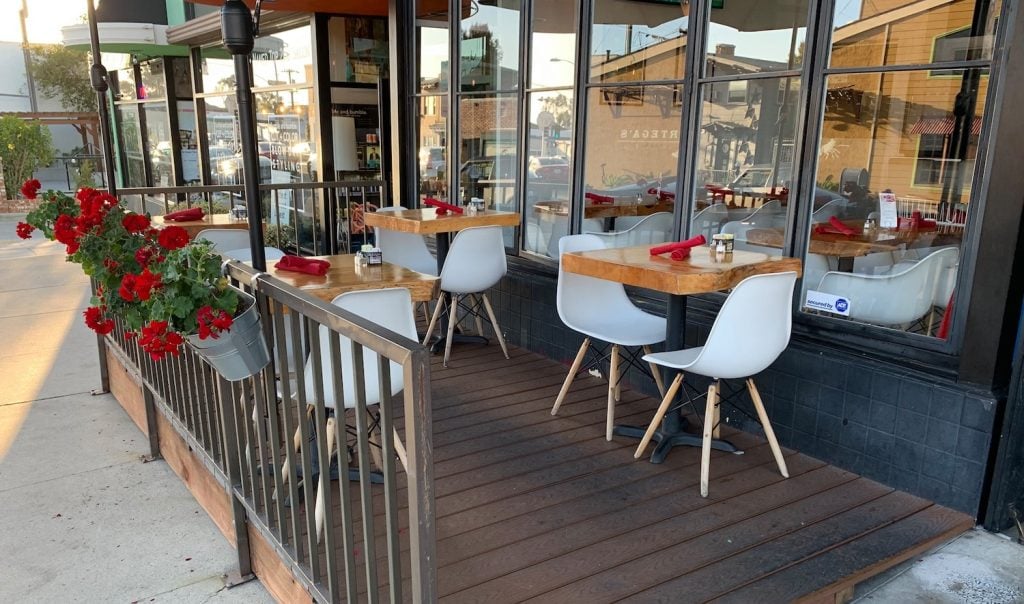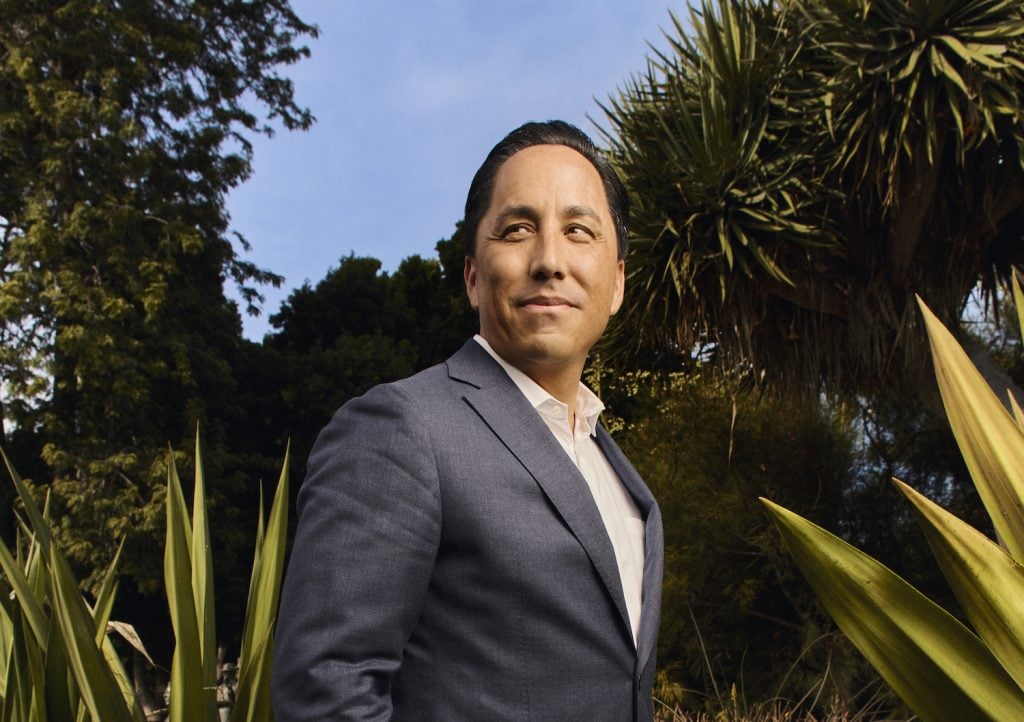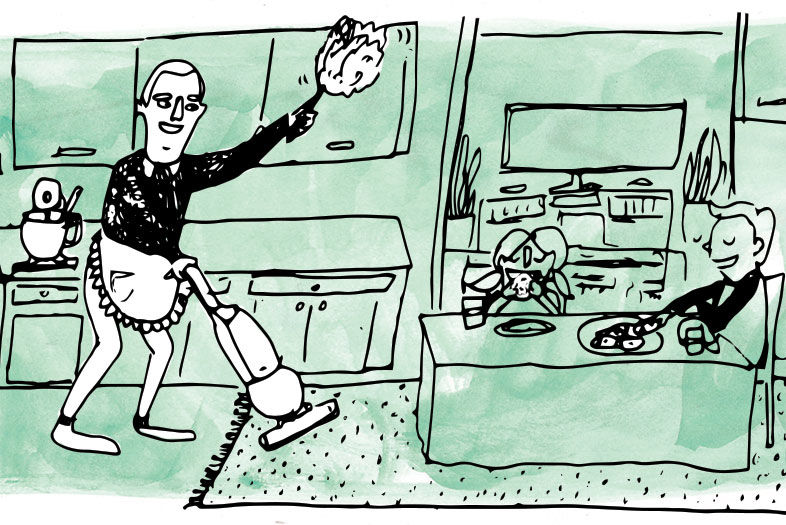
Rachel Laing
Rachel Laingâ
With all the child protections we’ve put in place over the past 30 years, parents of my generation sometimes wonder how we survived our own upbringing. Our moms drank while pregnant with us and smoked cigarettes in the car while we tumbled around in the backseat with no seat belts. (At least the air was fresh riding in the backs of pickup trucks!)
Our analog youth gave us kids an allowance for a certain amount of mischief, like prank calling random numbers and spending hours out of the reach of our parents, whose expectations of knowing our whereabouts were low. As long as we were home when the streetlights came on and we kept our antics off the adults’ radars, we ran our own affairs.
When it came to school, neither teachers nor students relied on parental involvement. Our parents set basic expectations, and accountability for achievement came in the form of a report card; the struggle of earning acceptable grades belonged to us kids.
Nowadays, when I check the voicemail of our barely-used home landline, there are at least a dozen messages from my kids’ schools—reminders about events, assignments due, assignments not turned in, and sometimes robo-messages of kudos from teachers. “Had a great attitude in class today.”
Of course, by the time we listen to the voicemails, we’re already aware of our kids’ classroom situations through class emails, school e-newsletters, and through PowerSchool, an online portal in which teachers log assignments and test scores so parents can check their kids’ performance on a daily basis.
In theory, this gives parents an opportunity to address problems early on, so they can help their kids course-correct and improve. They can’t fib about having finished all their homework or say everything is under control when they know we can verify it.
But I worry that having a spy periscope into the kids’ schoolwork intrudes on their personal responsibility and self-reliance. By gently (or sometimes harshly) nudging our kids onto the right path every day, we’re insulating them from the consequences of their choices. I know from experience the corrective power of burning shame; after bringing home the first C in an otherwise straight-A school career, I spent a lot less class time passing elaborately folded notes and stealing glances at my crush.
I’m also concerned that we’re creating the subtle expectation in our kids that we are always going to manage their schoolwork and keep them on task. As much as we say the responsibility for managing their schoolwork is theirs, they know we’re keeping track of their assignments, and they’re apt to rely on it.
I picture this monitoring power like the passenger’s brake in a driving-school car. When our kids are just starting to learn, it’s a welcome way to rein them in. But to grow, they’ll have to brave real, difficult tests, like an on-ramp at a busy freeway interchange. I can check to make sure their seat belt is fastened, but beyond that, the best I can do from where I sit is slow them down. At some point it’s up to them to take the wheel—and the responsibility—for themselves.

Parental Indiscretion
Illustration by Kristina Micotti













